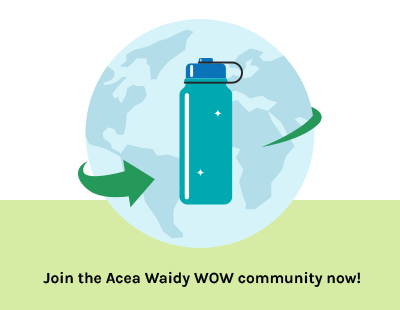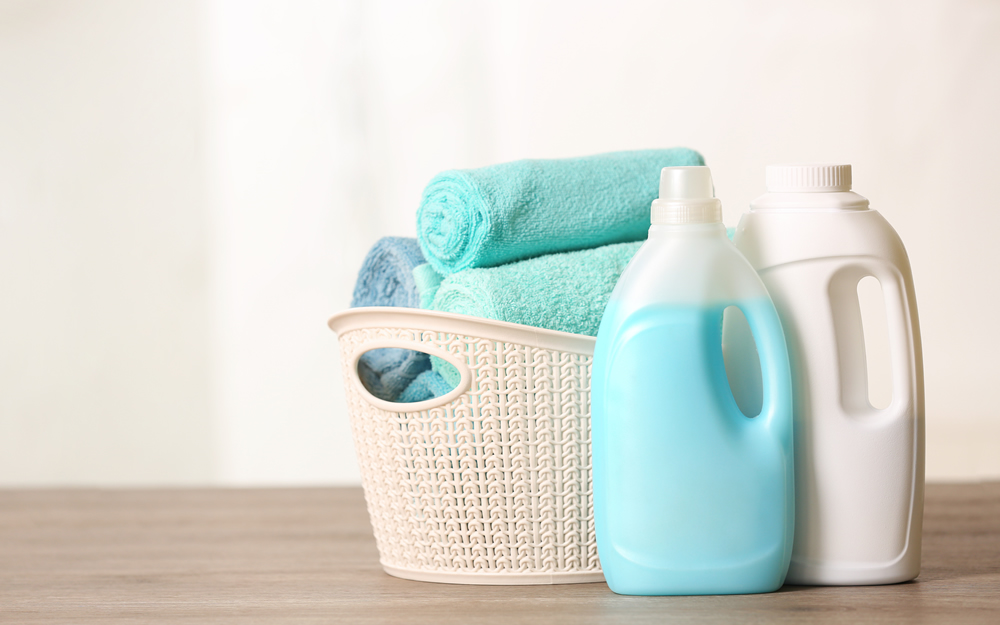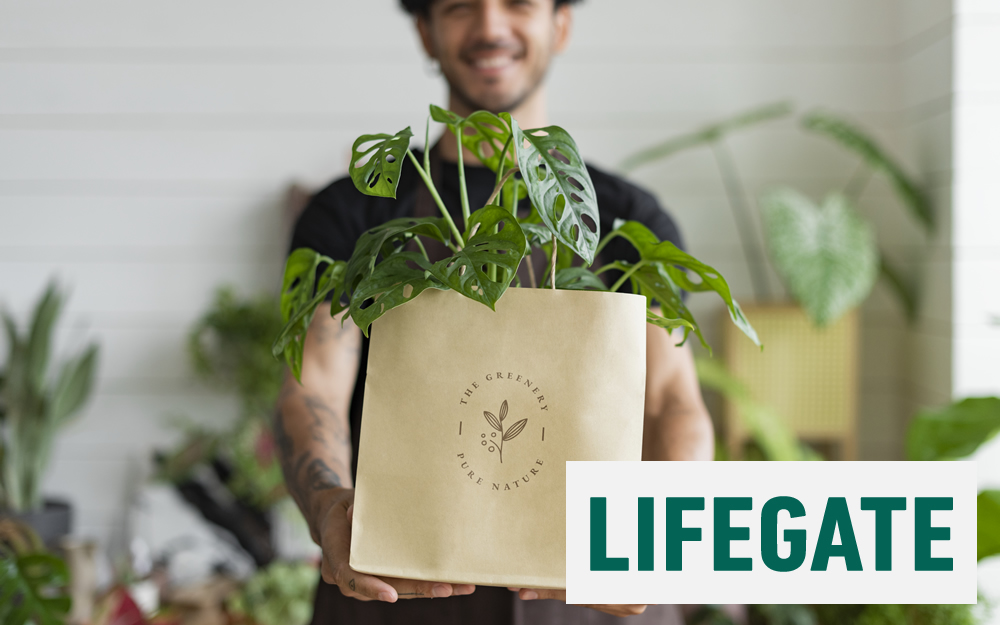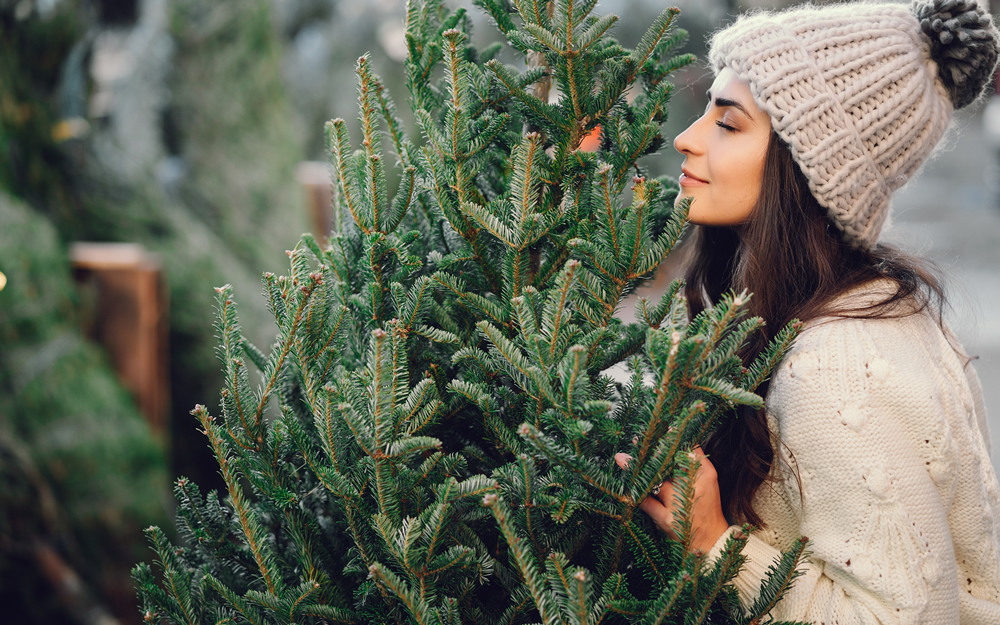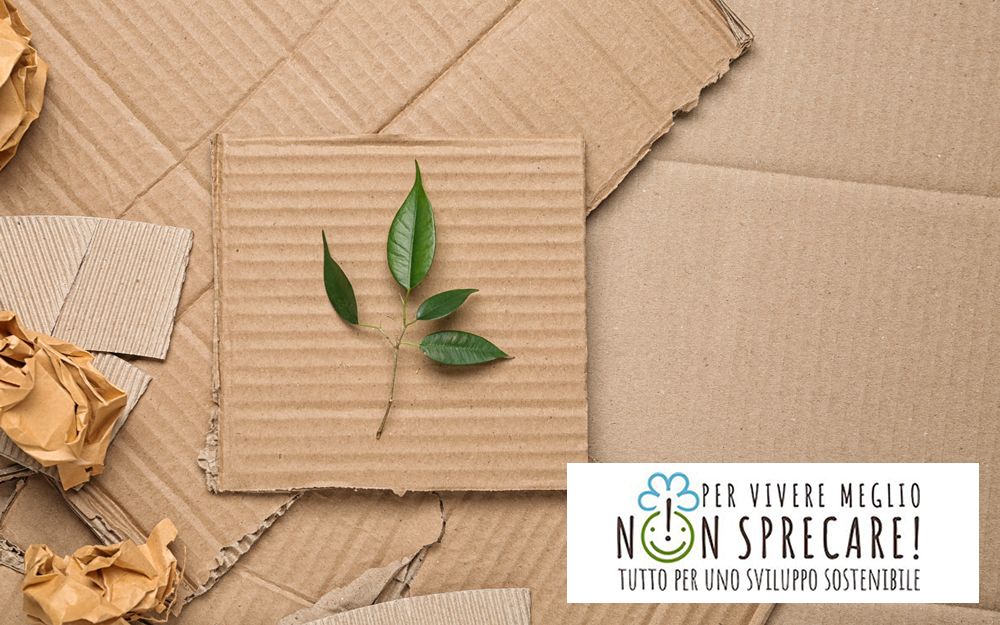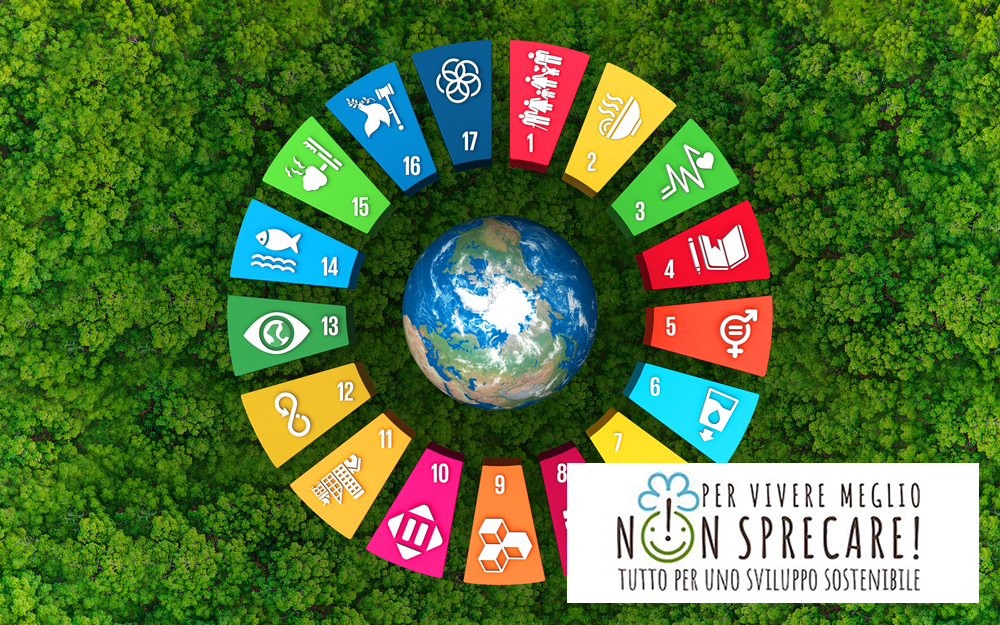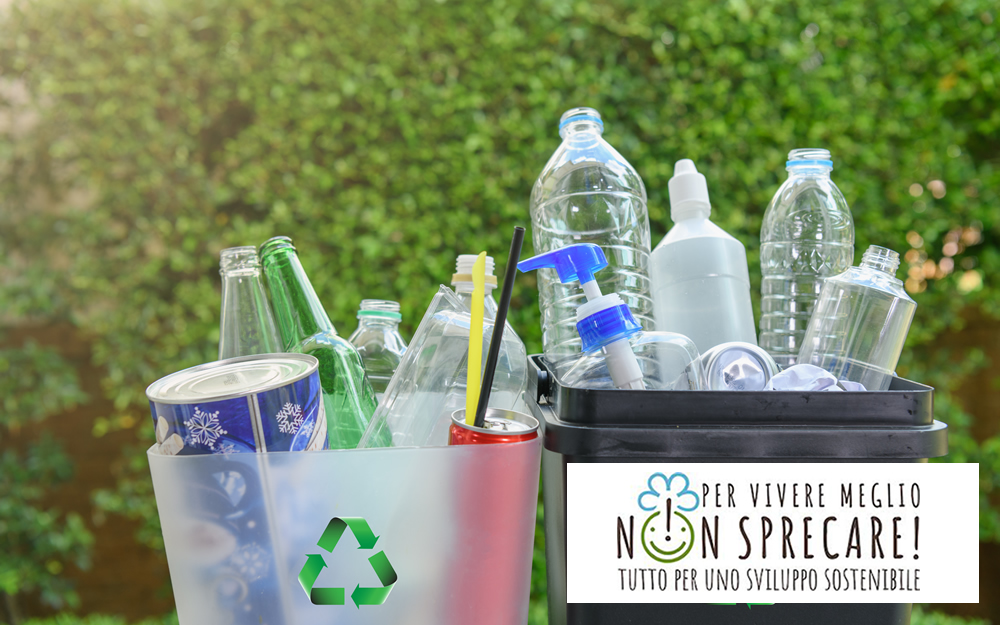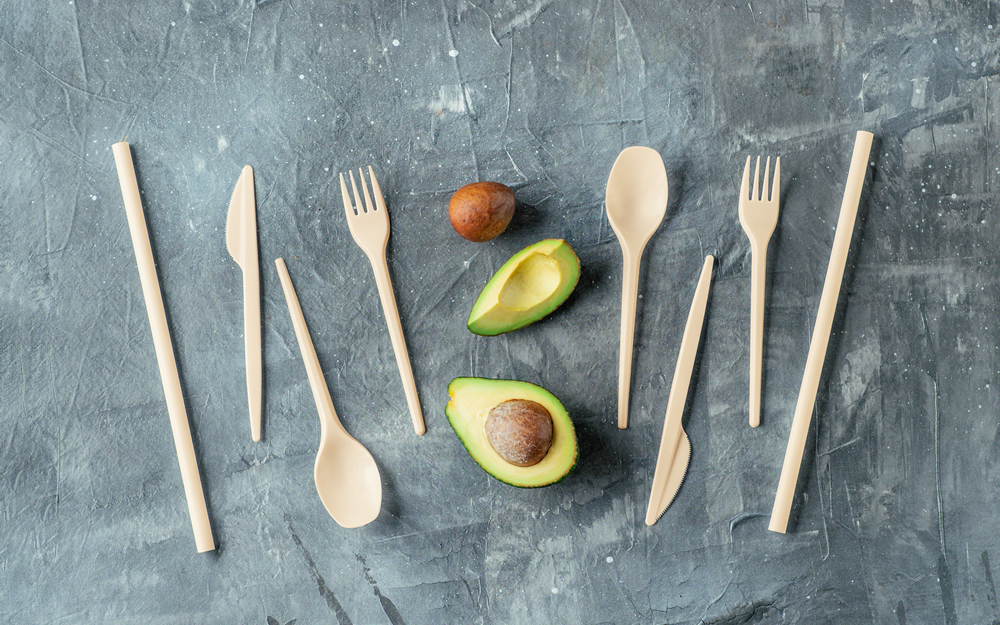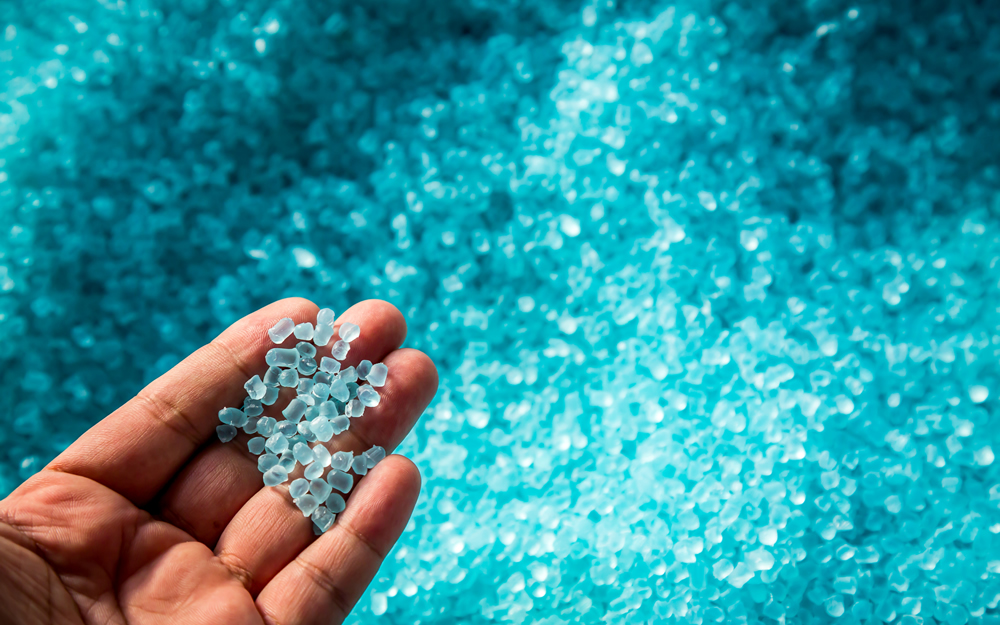- Home /
- Green solutions /
- The Mediterranean Emergency: a sea of plastic
The Mediterranean Emergency: a sea of plastic
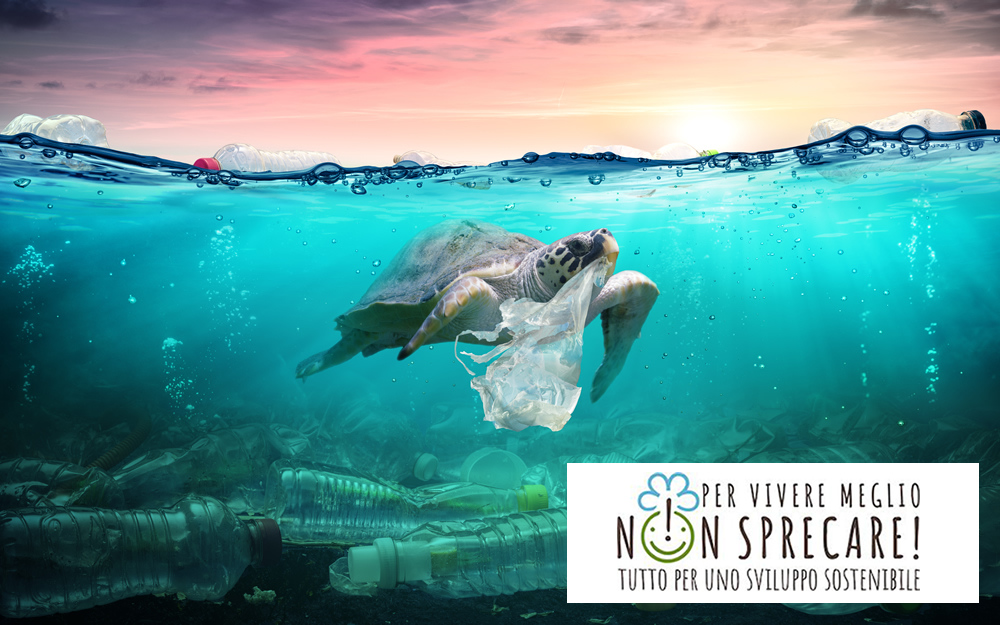
The Latins called it "Mare Nostrum", a way to sanction its domain but also to underline its vital and strategic importance. Today the Mediterranean remains just as important but, as often happens to the environment around us, we treat it poorly. Let's find out more about the problem of plastic in the Mediterranean.
Plastic is invading the Mediterranean: some data
A total of 1.2 million tons of plastic end up in our sea every year. Many of which come from Italy. This is what emerges from the data of the International Union for Conservation of Nature (Iucn), that has named the Mediterranean "Mare plasticum", underlining how Italy, Egypt and Turkey alone are responsible for 50% of the plastic waste floating in our waters.
What does waste do in the sea?
This problem is not only in the Mediterranean, it affects all the seas in the world. In some cases, the waste accumulates, creating actual islands made of plastic.
Luckily, there aren’t atolls of this kind in the Mediterranean yet, but the situation is far from under control.
For example, between the island of Elba and Corsica, at alternating periods, the current pushes tons and tons of waste into a single area of the sea that stretches for tens of kilometers. A phenomenon that lasts a few weeks, until the currents change.
Plastic in the Mediterranean: the consequences for humans
If drastic measures are not taken, phenomena like these are bound to multiply. According to Iucn, the quantity of plastic in the Mediterranean is destined to grow by 4% every year, unless a more effective disposal process than the current one is put into place. Not only because plastic in the Mediterranean represents a danger to the marine ecosystem, but also because it constitutes a real threat to our health.The plastic that we abandon in the sea tends to break up into smaller particles, becoming microplastic, which then is ingested by fish (such as sardines, anchovies and bogas) who, in turn, end up in our plates. A self-defeating circle that ends in the worst way possible.
Would you like to do something to save our sea from plastic? Use Acea Waidy Wow to reduce the use of PET bottles!
Article by the editorial staff of NonSprecare
1 Source: Iucn
